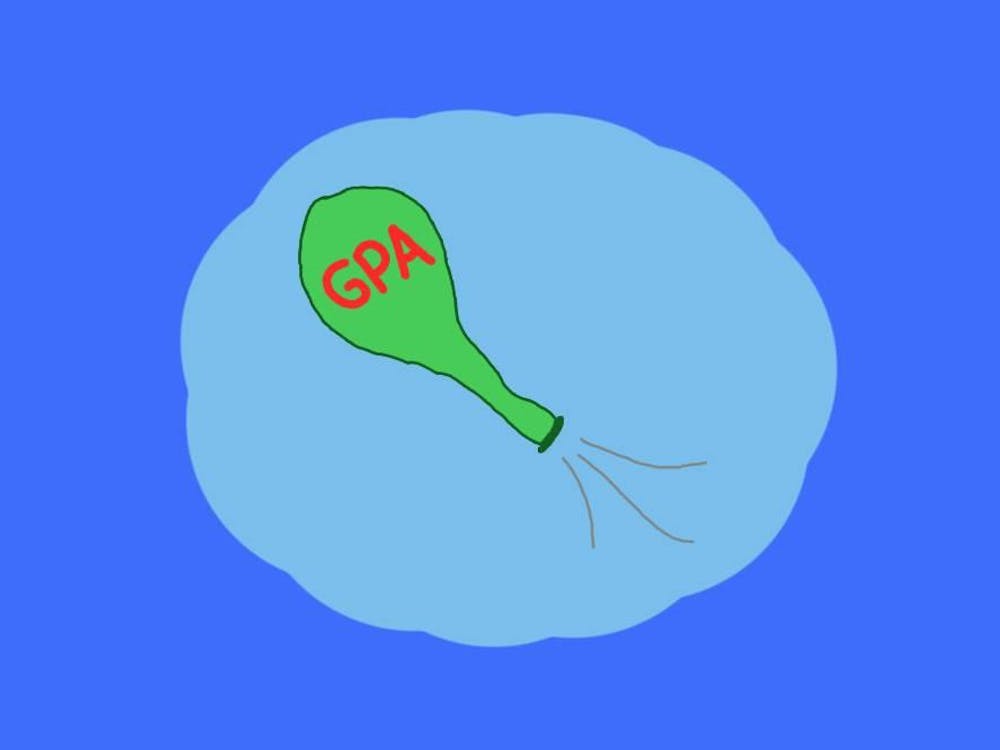Quinnipiac University recently agreed to a settlement in a case involving a former student who was placed on mandatory medical leave when she sought help for depression. The university will pay the student the tuition money she lost for the semester she was forced to leave, and an additional $17,000 for distress.
The student, who is remaining anonymous, said she sought help from the school counseling offices in the fall of her first year. After seeing a counselor, she was sent to a hospital and given a letter saying she could not return to the university, even when the hospital released her. Her request to continue her classes online or by commuting was denied.
The student ultimately enrolled at another university, but still filed a complaint against Quinnipiac. She said she is satisfied with the settlement and hopes that the case will encourage other students struggling with mental health issues to seek help.
Mental health care is vital for anyone, but college students may especially be in need of support, because many mental illnesses often first manifest in a person’s late teens or early twenties. A survey conducted by the American College Health Association in 2011 found about 30 percent of college students experienced depression at some point that year. With depression being such a common problem for college students, it is vital that universities not only provide psychological services, but also are willing to work with students to balance their mental wellness with their academic coursework.
Medical leave should be an option for students who wish to take it, but taking a leave of absence may not be financially feasible, as most colleges will not refund tuition if a student leaves in the middle of a semester. Forcing a student to take a medical leave of absence upon seeking treatment for any kind of mental illness could discourage other students from coming forward, for fear they will also be forced to leave. Such compulsory action could also exacerbate a student’s depression, by causing feelings of powerlessness, rejection and confusion.
The U.S. Attorney’s Office, which reviewed the student’s complaint, found Quinnipiac violated the Americans with Disabilities Act with its “blanket policies that result in unnecessary exclusion of students with disabilities.” The definition of a disability under the ADA has been somewhat subjective throughout its history, but the recognition of a mental health condition as a disability gives legitimacy to psychological conditions as serious health concerns.
With three student suicides in the fall semester at the University, we hope University students will never be discouraged from seeking help for depression, and will never be alienated by our University for doing so. It is best for the whole community if students feel safe and supported coming forward, especially since such issues are more common among our peers than we might think.




